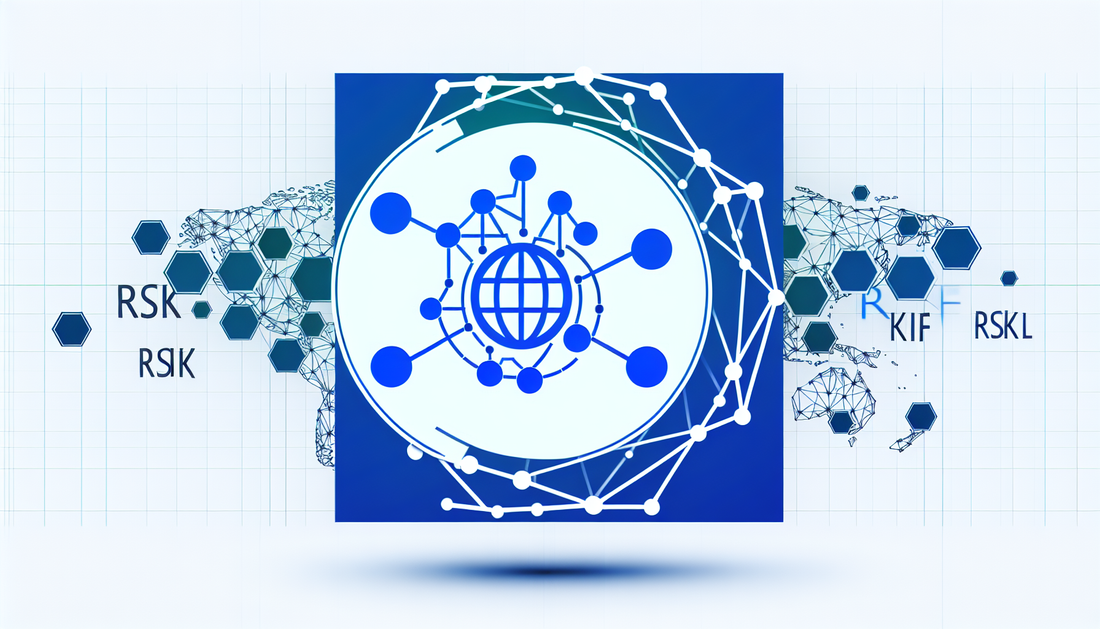
Unlocking Bitcoin's Future: RSK Infrastructure Framework Insights
Share
Future Technical Prospects and Road Map of RSK Infrastructure Framework (RIF)
The RSK Infrastructure Framework (RIF) is aimed at extending the capabilities of the Bitcoin network through the creation of a decentralized infrastructure that incorporates various services. These services are designed to span across identity, payment, storage, and the development of smart contracts. RIF is committed to harnessing Bitcoin's security features while enhancing its usability and scalability, which is crucial for the broader adoption of decentralized technologies.
Future Technical Prospects
RIF aims to improve upon the technical facets that pertain to interoperability and scalability. One of the primary focuses is enabling seamless interaction across different blockchain networks. This interoperability is essential for ensuring that users have the flexibility to maneuver between different ecosystems, thereby expanding the usability of RIF-based solutions. An integral part of RIF's technological growth involves enhancing the smart contract functionality and incorporating Oracle services. These additions are expected to offer real-world use cases, enabling smart contracts to access and leverage external data efficiently.
Scalability remains a significant concern within blockchain networks, and RIF is no exception. To address this, RIF has proposed solutions such as Sharding and Layer 2 protocols. These technologies aim to handle more transactions per second, reducing the network congestion that can often plague blockchain systems. The adoption of such technologies is projected to bring more robust and scalable solutions to the RIF ecosystem, improving its adoption prospects.
Roadmap
The road map of RIF outlines several key initiatives that are poised to enhance the protocol’s functionality. Central to this is the development and deployment of decentralized finance (DeFi) solutions. By entering the DeFi space, RIF aims to provide users with alternatives to traditional financial services, adhere to the DeFi principles of transparency and decentralization, and enhance user autonomy. Furthermore, RIF is expanding its focus to cater to decentralized identity solutions and decentralized storage services.
Supporting the growth of a vibrant developer community is another strategic point in RIF’s roadmap. By attracting developers accustomed to Ethereum smart contracts, RIF seeks to integrate robust developer tools and frameworks, fostering a community that can generate innovative solutions on top of the RSK blockchain.
Finally, RIF plans to broaden its impact through strategic partnerships across various industries. By collaborating with existing blockchain projects and establishing interoperability standards, RIF seeks to position itself as a key player in the broader blockchain ecosystem.
For more on blockchain technology and how it's being utilized, the article The Uncharted Potential of Carbon Credits on the Blockchain: Transforming Environmental Impact into Tangible Financial Assets provides insights into blockchain’s innovative applications.
